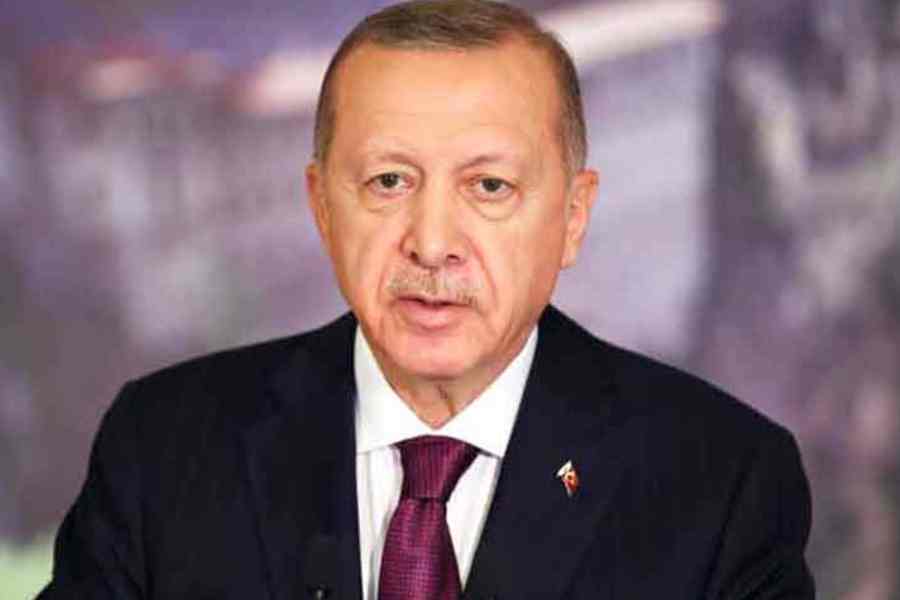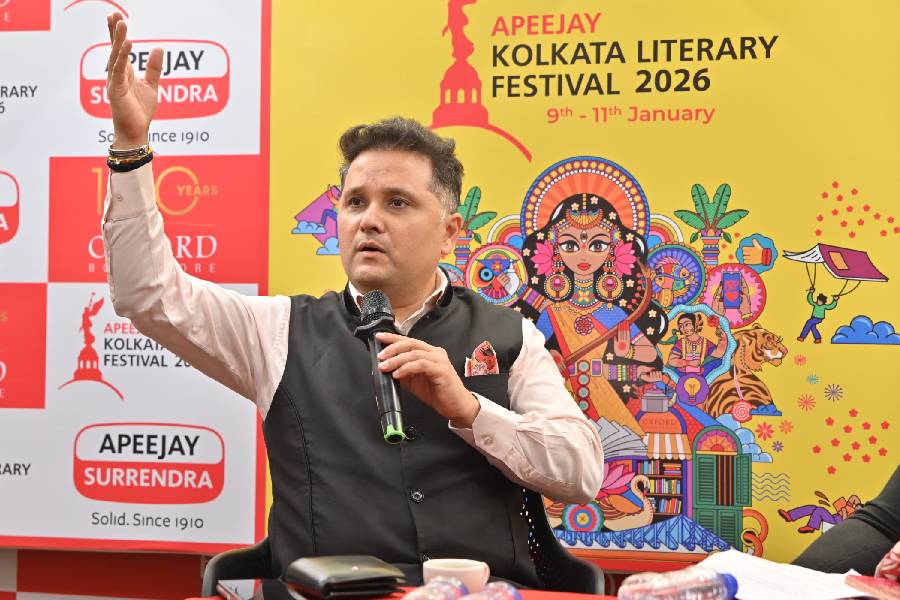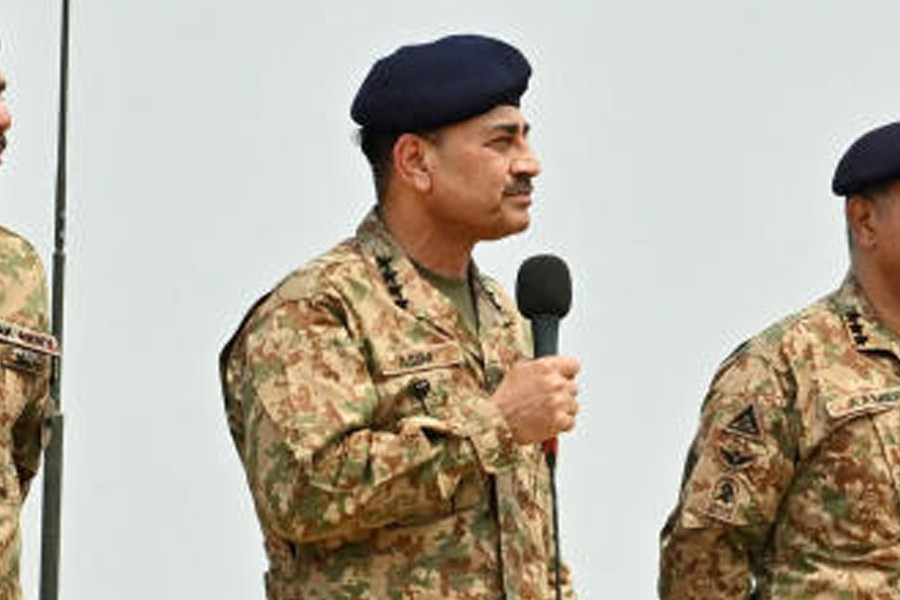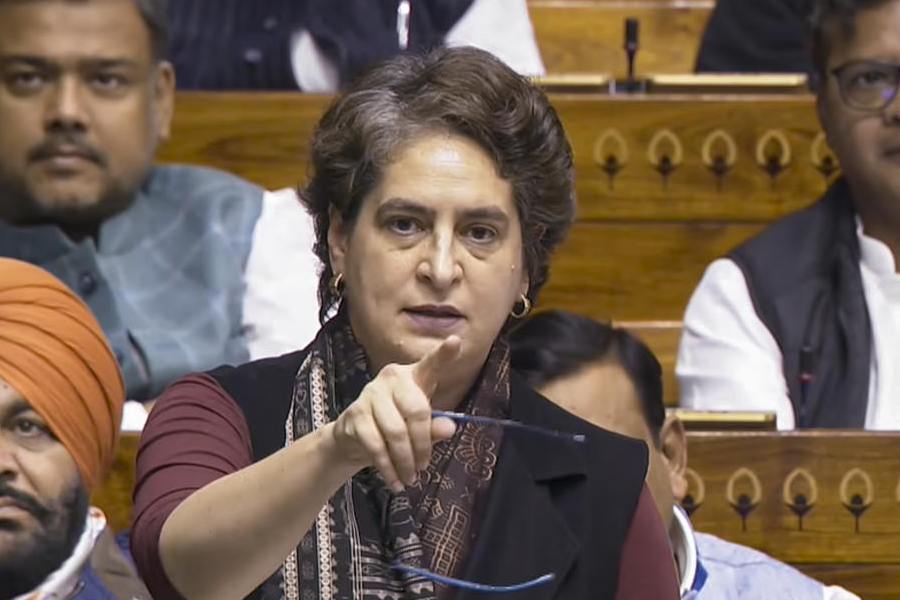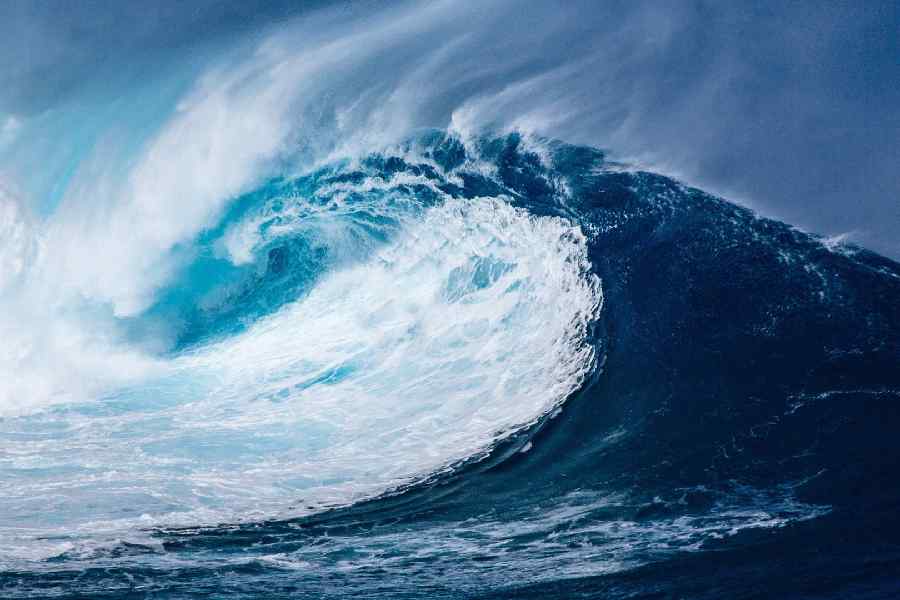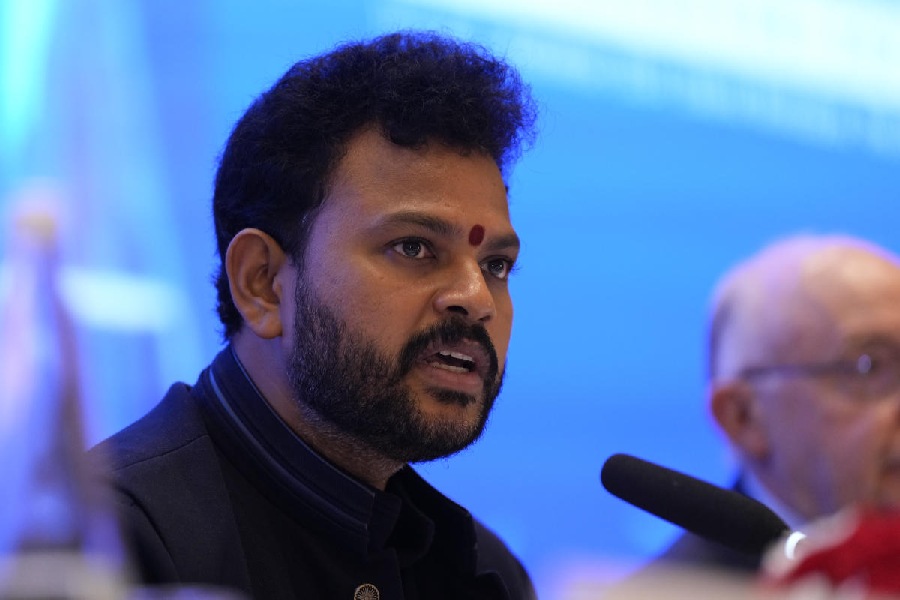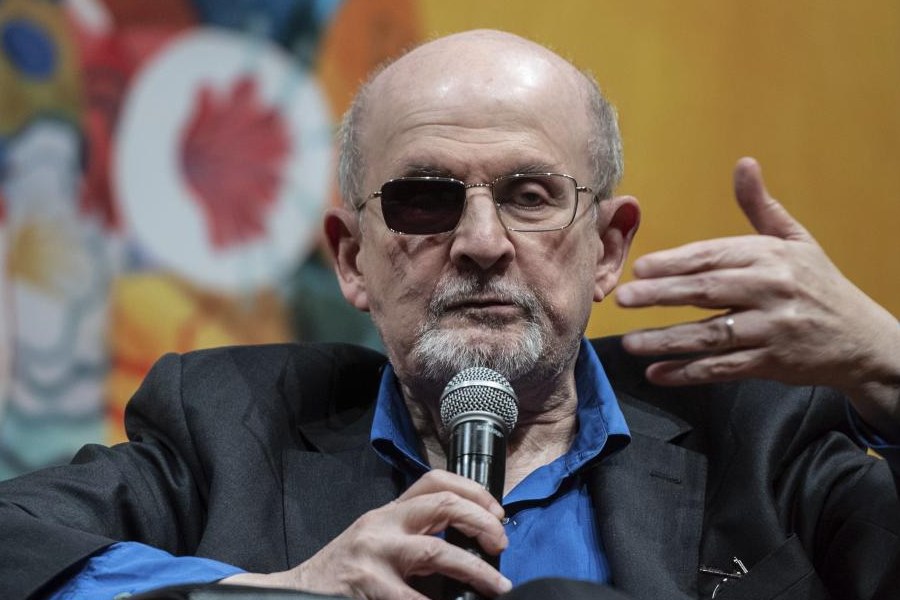President Recep Tayyip Erdogan of Turkey, invoking themes of Turkish nationalism and counterterrorism, has been the main obstacle toward Sweden joining the Nato alliance after Russia’s invasion of Ukraine.
His fierce public opposition played well in his re-election campaign. So did his role as an indispensable power broker, vital to Nato but also as an intermediary, able to maintain good relations with both Russia and Ukraine.
Now safely re-elected on Sunday as President of Turkey, Erdogan is expected to project the same image, by tightening his grip on power at home while balancing between his allies inside Nato and his economic dependency on Russia.
But with renewed nationalist credentials, he could feel freer to mend ties with the United States, analysts suggest and could approve the membership of Sweden into Nato, perhaps in time for the yearly summit of the alliance in July.
Acquiescing has its own benefits for Erdogan. Sweden’s entry into Nato may unlock the sale of American F-16s and kits to upgrade Turkey’s older models. Those sales have been blocked in Congress, where many legislators are angry with Erdogan for his ties to Russia, his purchase of the Russian S-400 antiaircraft system and his crackdown on dissent.
“His victory is meaningful for Turkish society and politics, but less disruptive for foreign policy,” said Ian Lesser, a Turkey expert who directs the Brussels office of the German Marshall Fund. “I don’t see a troubled relationship getting worse.”
Turkey is a vital member of Nato, as a major military contributor that controls the Black Sea, a territory critical in Russia’s war in Ukraine. But Erdogan, increasingly unpredictable and authoritarian, has tried to navigate between Moscow and the West. He relies on Russia for energy, trade and injections of hard currency and has refused to apply western sanctions on Moscow or on Vladimir V. Putin, Russia’s President.
At the same time, Turkey has provided Ukraine with military drones and has been an important intermediary in getting Russia to agree to allow the export of Ukrainian grain while being an early host of failed peace talks between Russia and Ukraine.
His military occupation of northern Syria — to keep down Kurdish forces he associates with a guerrilla group that has fought a decades-long insurgency in Turkey — also troubles allies. While Turkish troops have protected some Syrian dissident enclaves, Erdogan has simultaneously engaged in a rapprochement with Syria’s President, Bashar al-Assad. Erdogan wants his help to restrain the Kurds and take back some of the four million Syrian refugees that Turkey has been hosting in the name of Islamic solidarity.
Erdogan may disappoint those who hope for a more emollient, more western-leaning Turkey, however, and Turkey is not the only ally becoming more authoritarian. Hungary and Serbia are doing the same, and Poland, though fiercely anti-Russia, is, like Turkey, undermining the rule of law, judicial independence and press freedom.
Erdogan’s re-election “will open a larger debate about how we engage with allies and strategic partners with whom we have a declining affinity, and Turkey won’t be the only one,” Lesser said. Europe will have to find new ways of appealing to the more democratic Opposition in these countries, he said.
New York Times News Service

